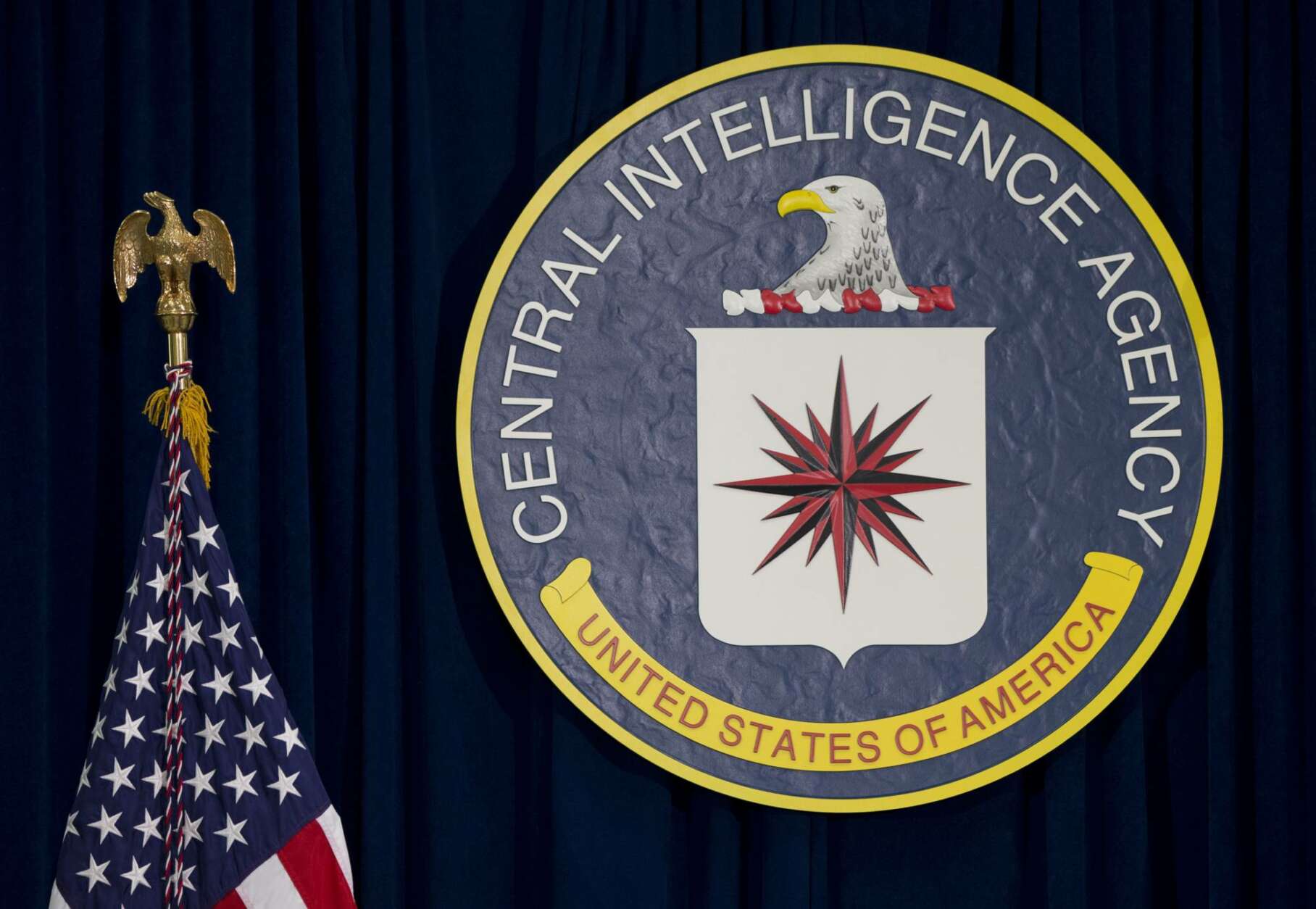Already a subscriber? Make sure to log into your account before viewing this content. You can access your account by hitting the “login” button on the top right corner. Still unable to see the content after signing in? Make sure your card on file is up-to-date.
The CIA has announced the release of newly declassified documents related to the 1968 assassination of Senator Robert F. Kennedy.
Some shit you should know before you read: If you’re unaware, shortly after President Trump returned to office, he directed the intelligence community to declassify and release all remaining government records related to the assassinations of Robert F. Kennedy, President John F. Kennedy, and Dr. Martin Luther King Jr. Trump stated that the order was driven by a commitment to “maximum transparency” and a belief that the American people have a right to know the full truth about these historic tragedies. Under his directive, agencies were given strict deadlines to review and publicly release the documents unless they could demonstrate a clear and compelling national security reason to keep them classified. As a result, thousands of pages have already been made available, including substantial portions of the JFK files released in March, which added context to Cold War–era intelligence operations but did not uncover any major new revelations.

What’s going on now: The release, directed by the CIA, revealed over 1,450 pages of newly declassified documents related to Senator Robert F. Kennedy’s assassination. Among them were 54 previously unseen files that offered fresh insight into both the CIA’s post-assassination response and RFK’s little-known interactions with the agency. One of the most notable revelations was a 148-page “personality dossier” compiled between 1955 and 1964, documenting Kennedy’s voluntary intelligence-sharing after a Cold War–era visit to the Soviet Union. As a young Senate staffer, Kennedy traveled with Supreme Court Justice William O. Douglas and later provided the CIA with detailed reports about Soviet life, industry, and political sentiment, which the agency cited as evidence of his “patriotic commitment.”
The documents also included investigative dispatches from US embassies and CIA outposts around the world in the immediate aftermath of Kennedy’s assassination. These records show agents monitoring global media reactions and even placing favorable coverage in foreign newspapers to manage America’s international image. A particularly revealing cable from Sri Lanka described an effort to counteract Chinese propaganda by highlighting that violence was not unique to the US, thereby framing RFK’s assassination within a broader geopolitical narrative. In addition, psychological profiles of Sirhan Sirhan—RFK’s assassin—were released, some previously classified. These assessments noted Sirhan’s impulsive nature, high intellectual potential, and lack of affiliation with any terrorist organizations, ultimately concluding he likely acted alone and not as part of a broader conspiracy.

Sirhan, a Palestinian-born Jordanian, was convicted of the murder and stated he acted in retaliation for RFK’s support of Israel during the Six-Day War.
CIA Director reacts: In a statement, CIA Director John Ratcliffe said, “Today’s release delivers on President Trump’s commitment to maximum transparency, enabling the CIA to shine light on information that serves the public interest. I am proud to share our work on this incredibly important topic with the American people.”
DIA Director reacts: In a statement, DIA Director Tulsi Gabbard said, “Today’s release is another important step in fulfilling President Trump’s commitment to maximum transparency. Thank you to those at the CIA, ODNI, and NARA who worked hard to locate, review, and digitize these documents, many of which have never been released publicly before. We will continue coordinating with our partners across the Intelligence Community to fulfill President Trump’s promise of maximum transparency.”







